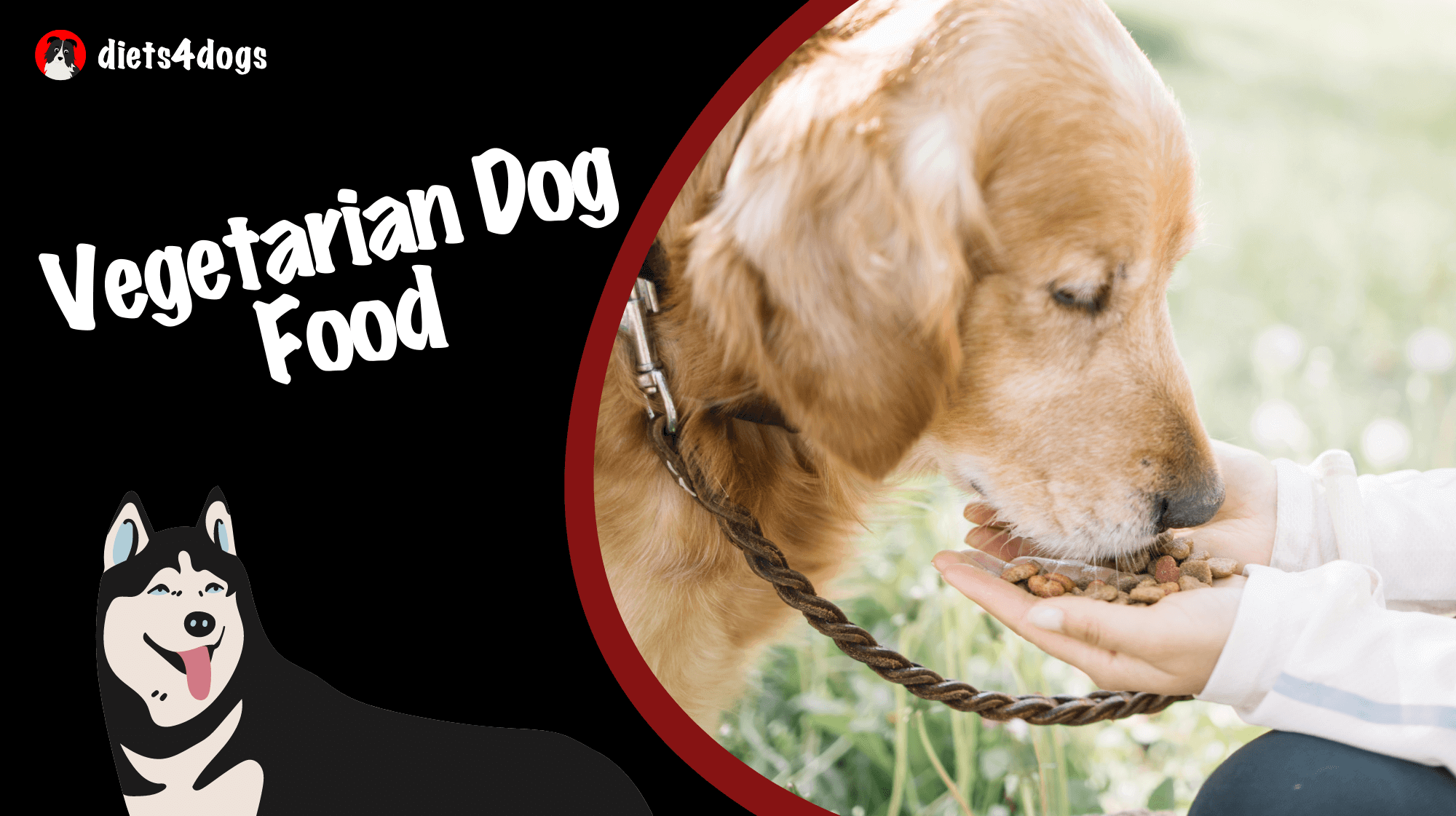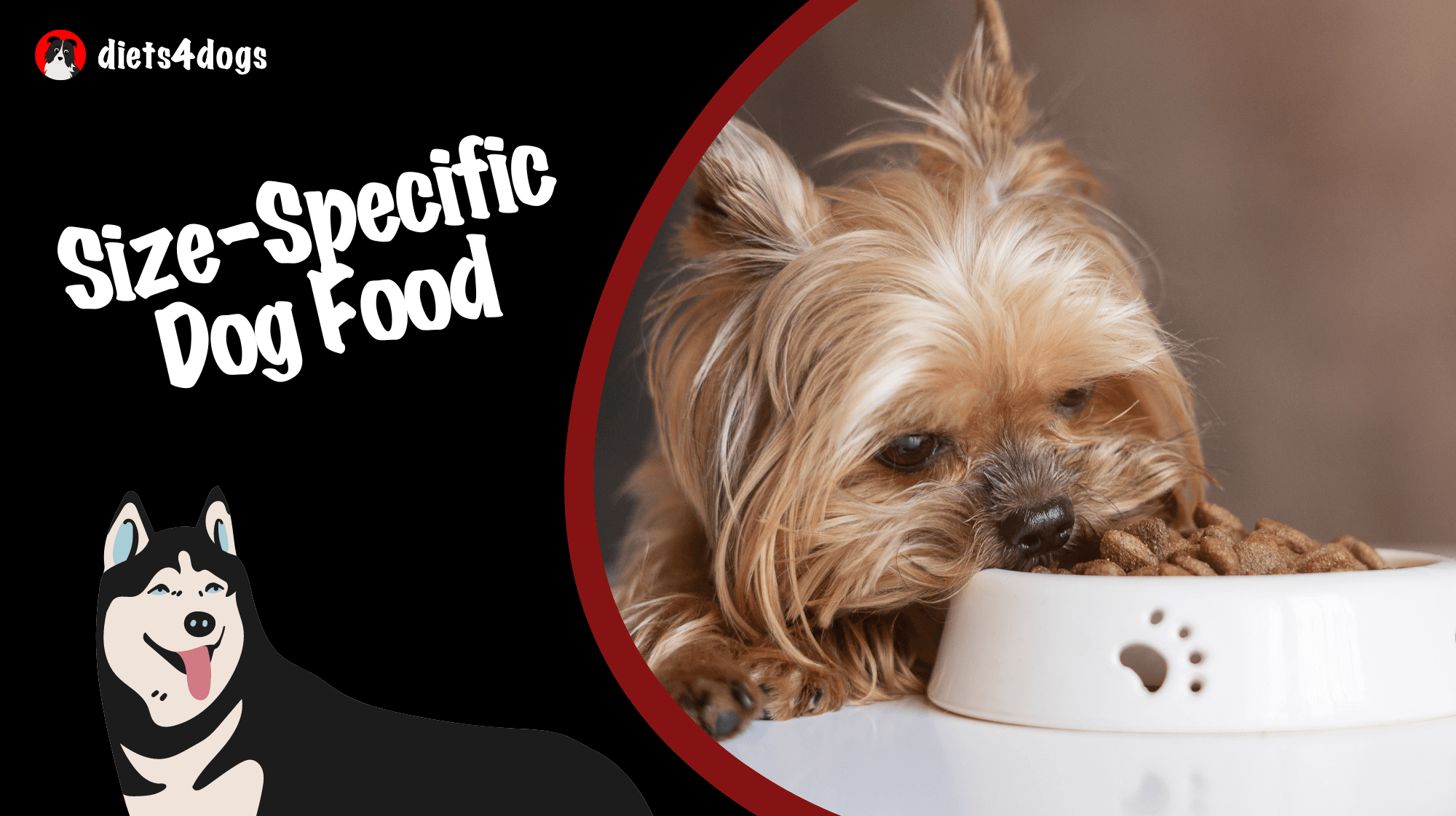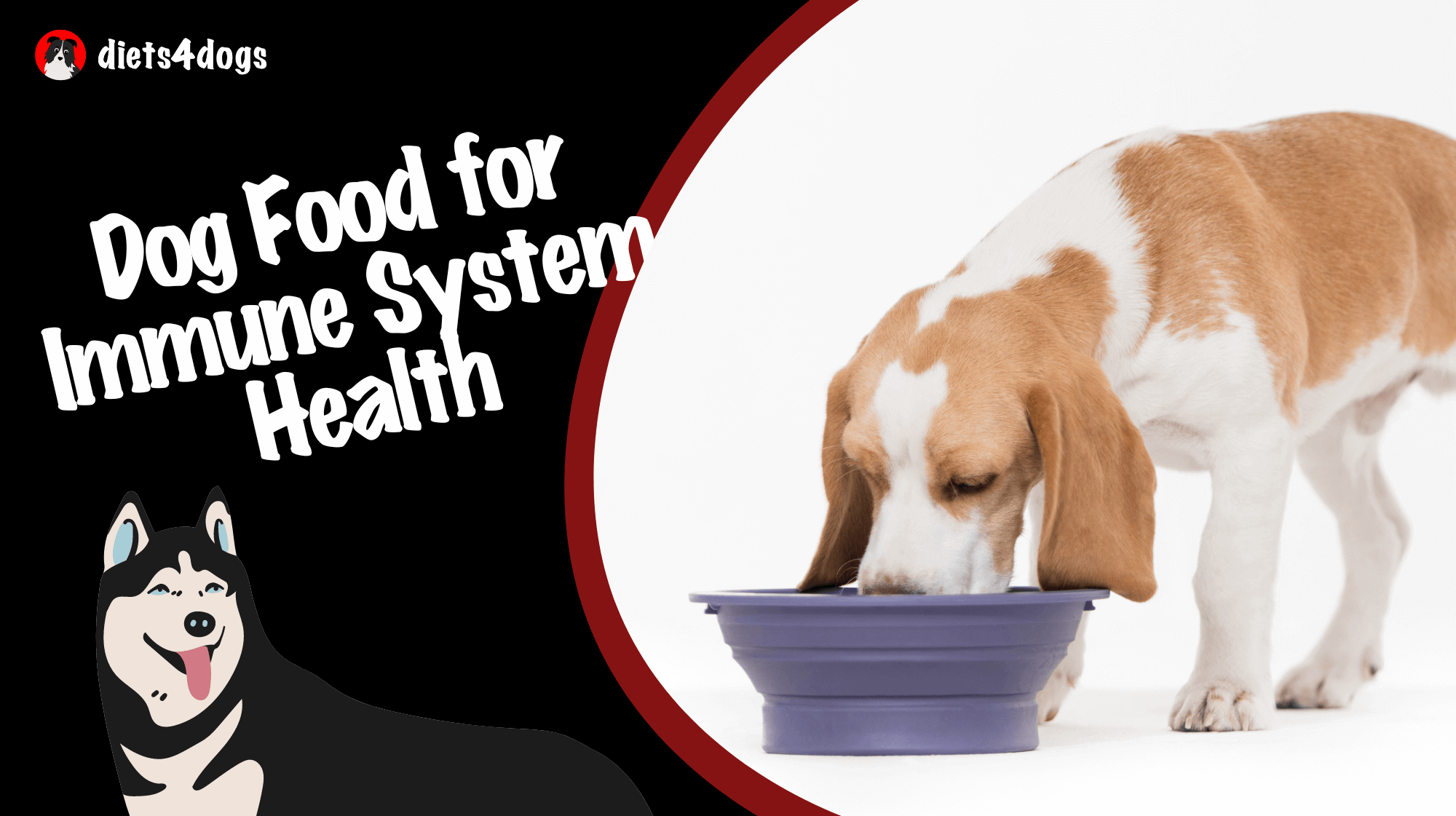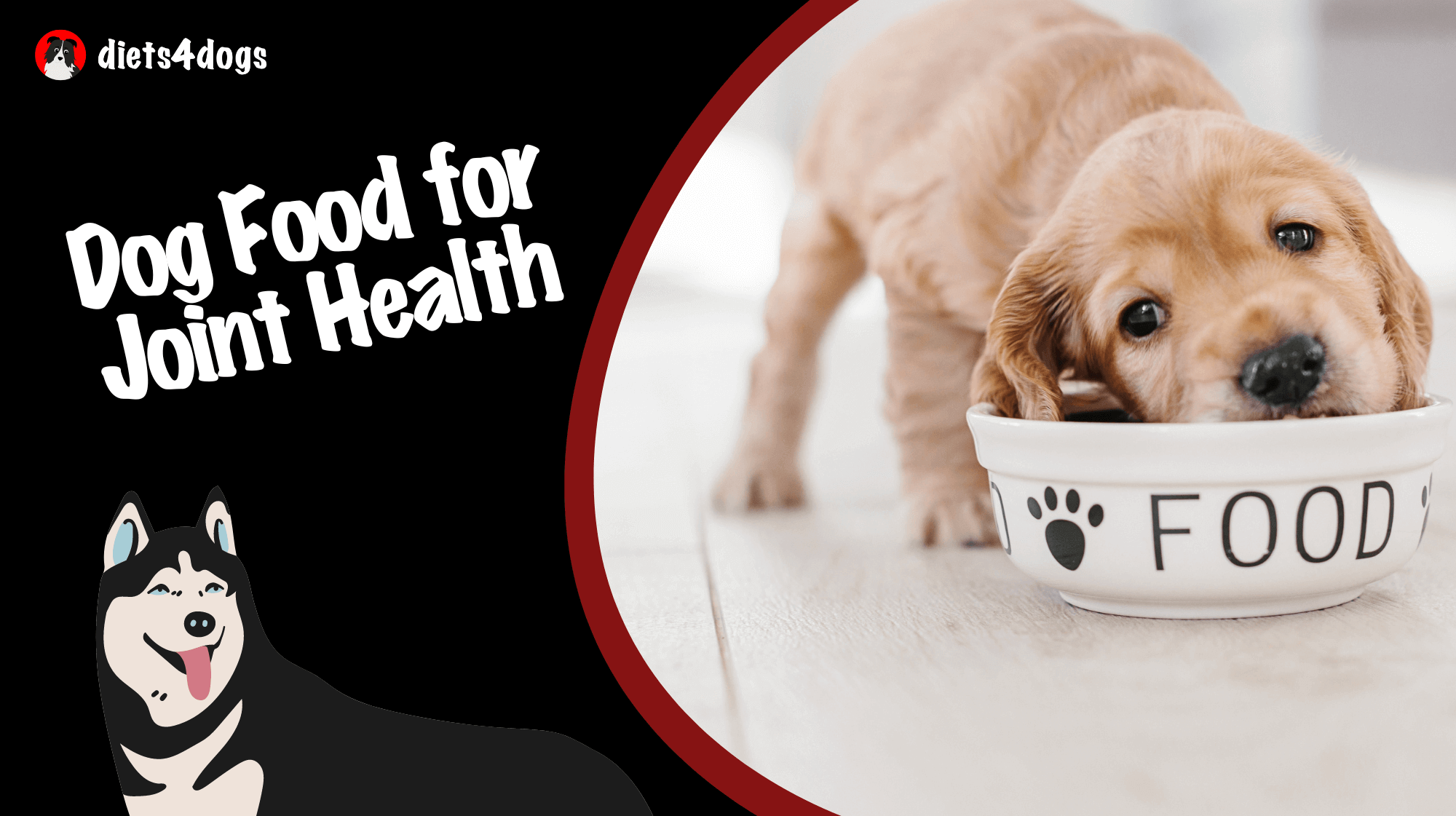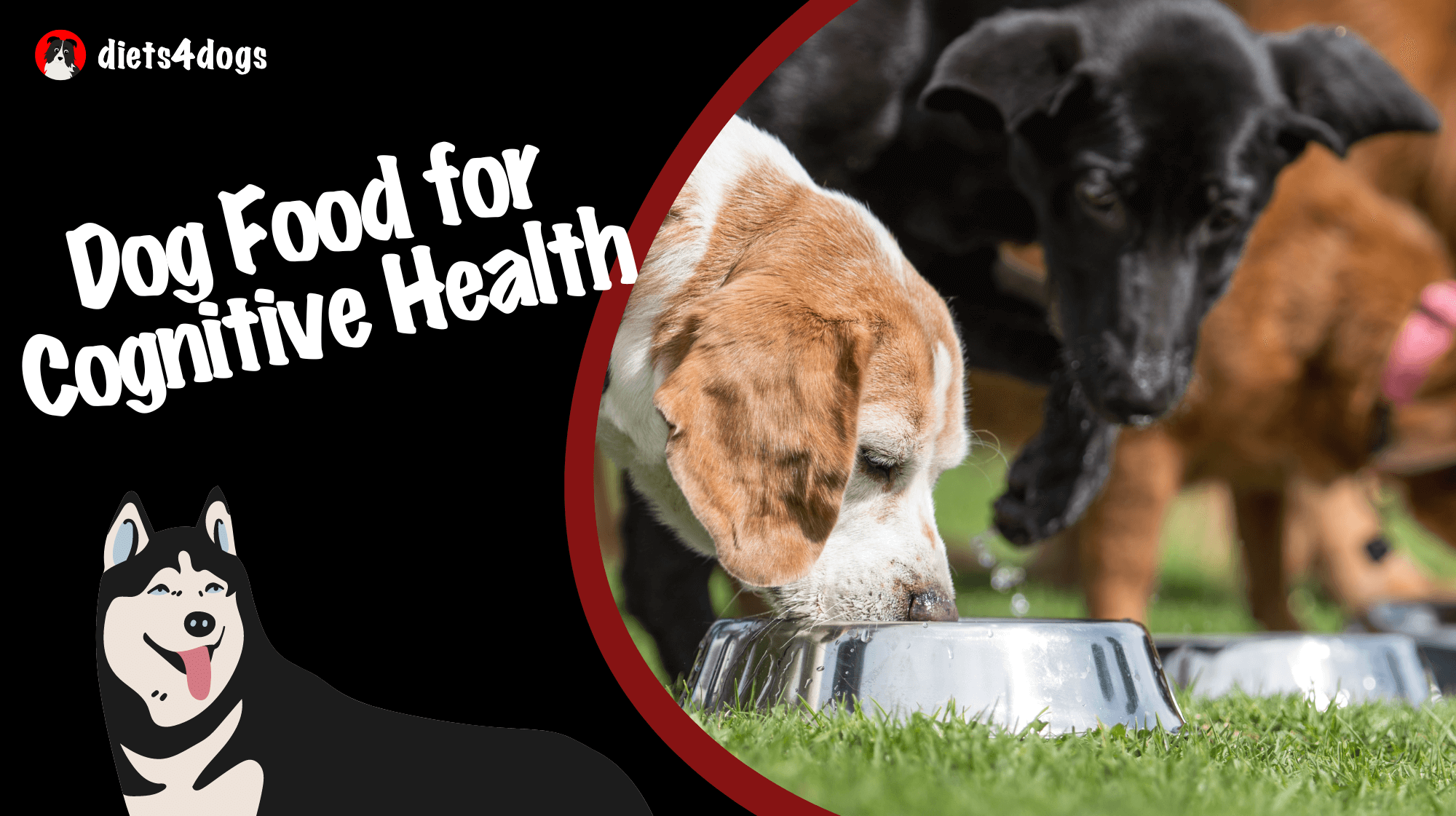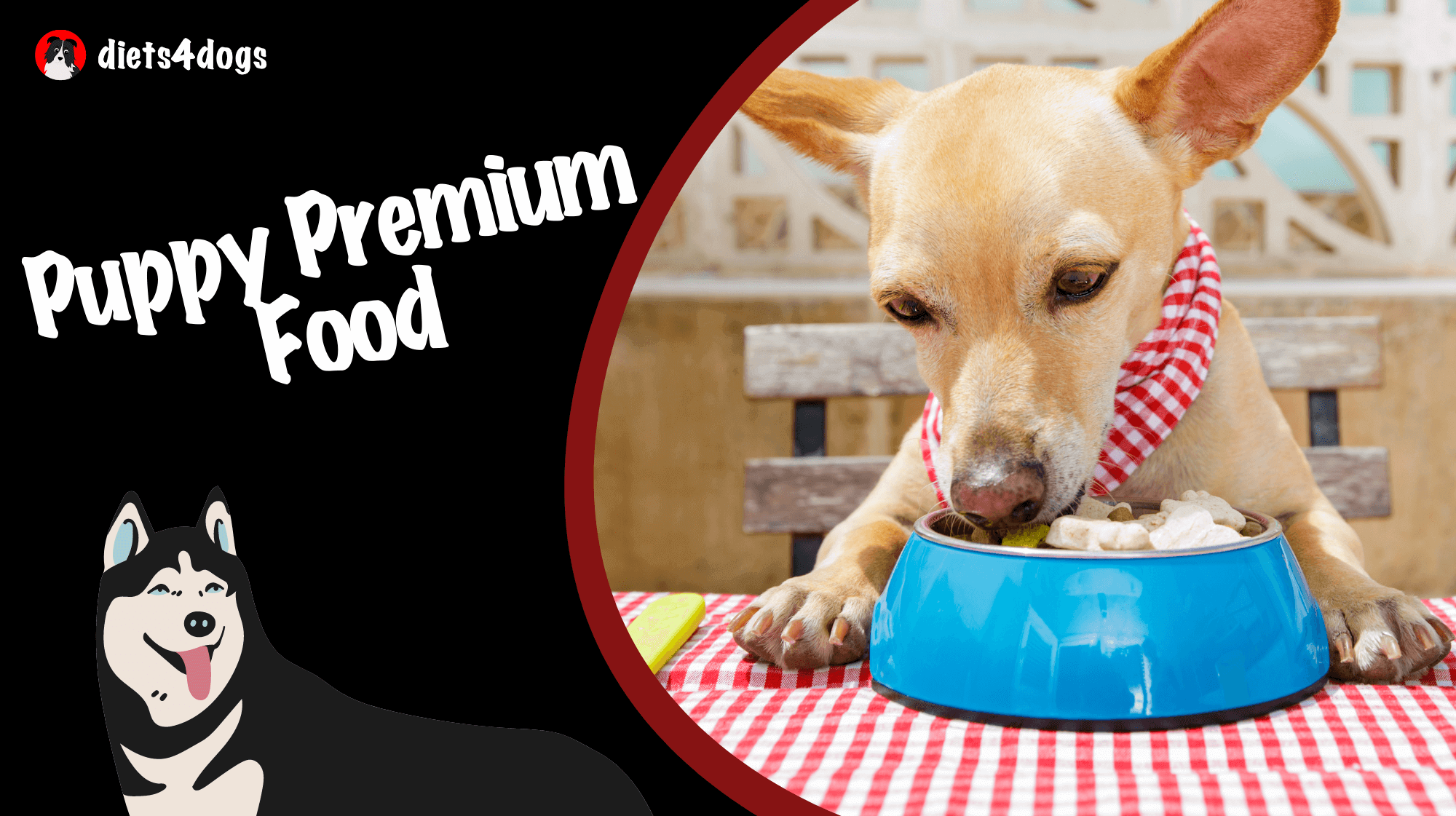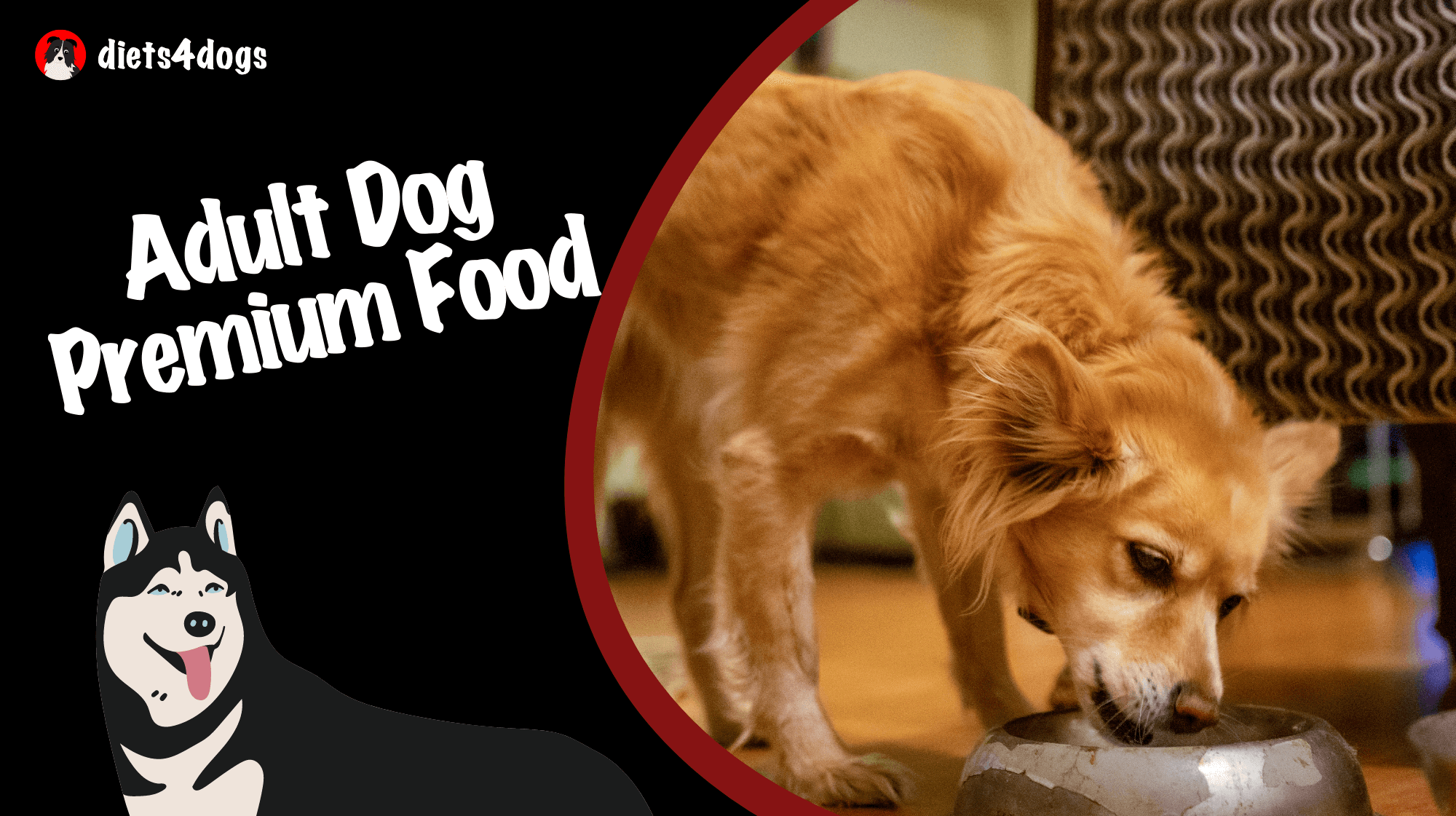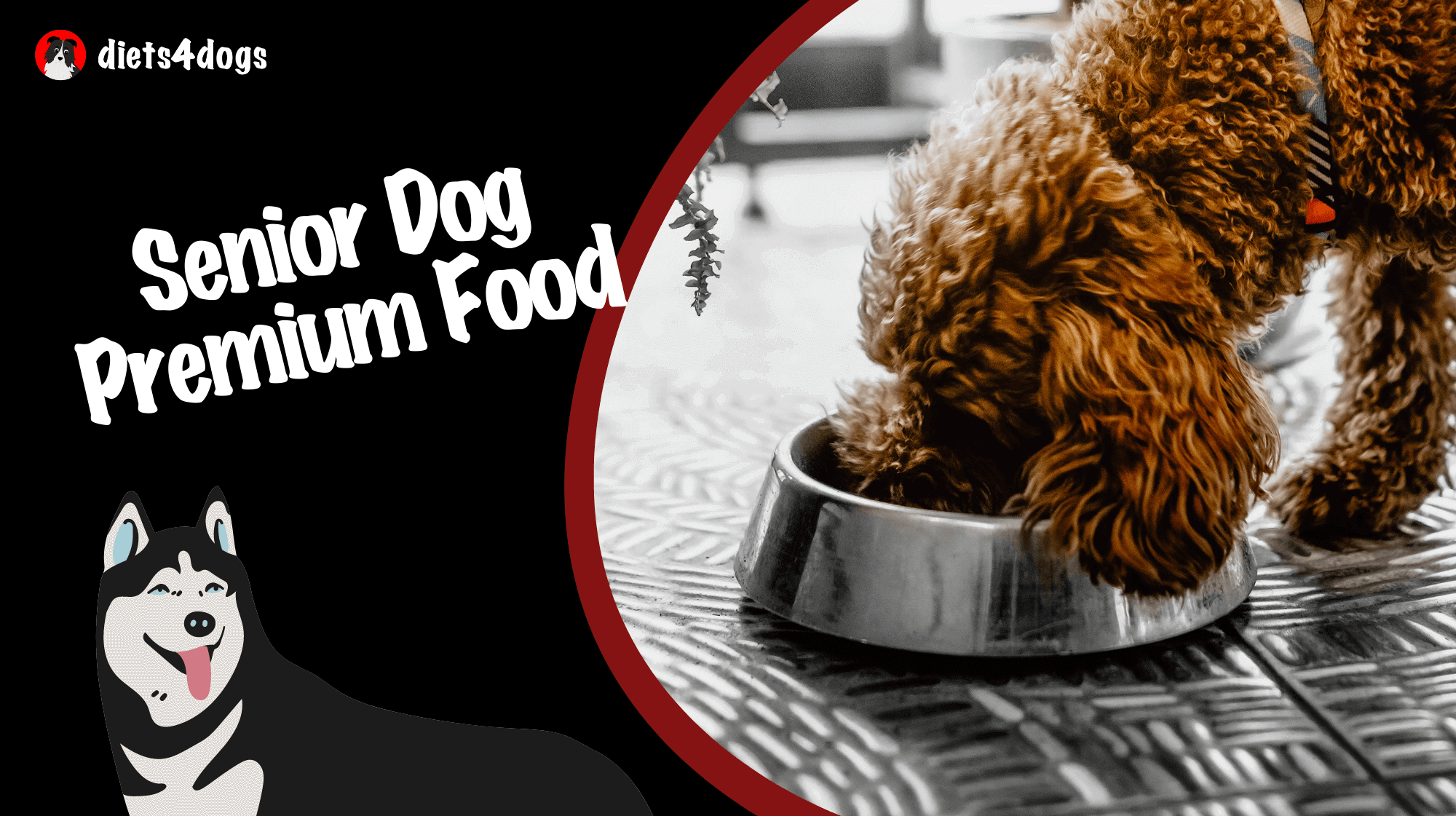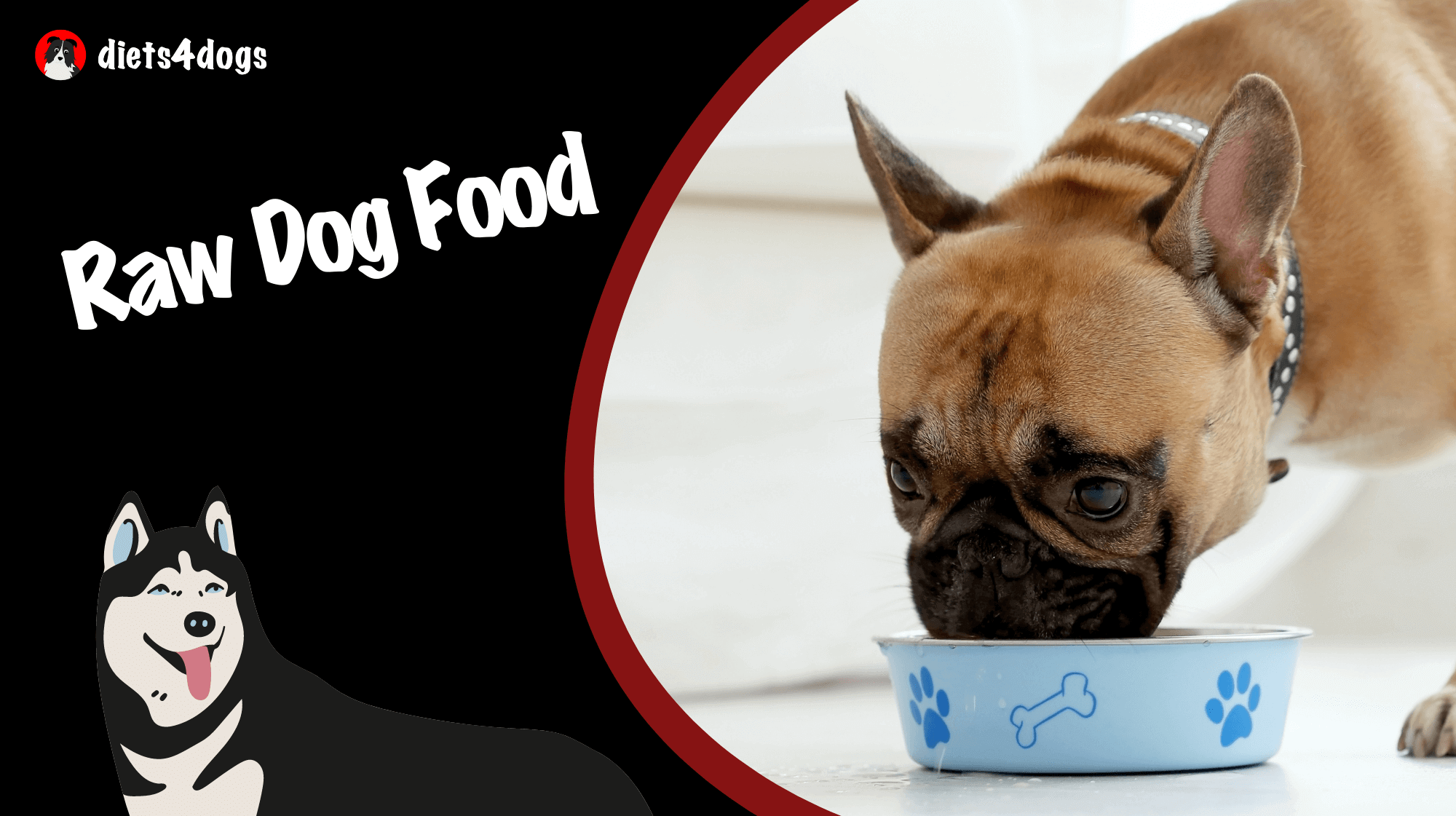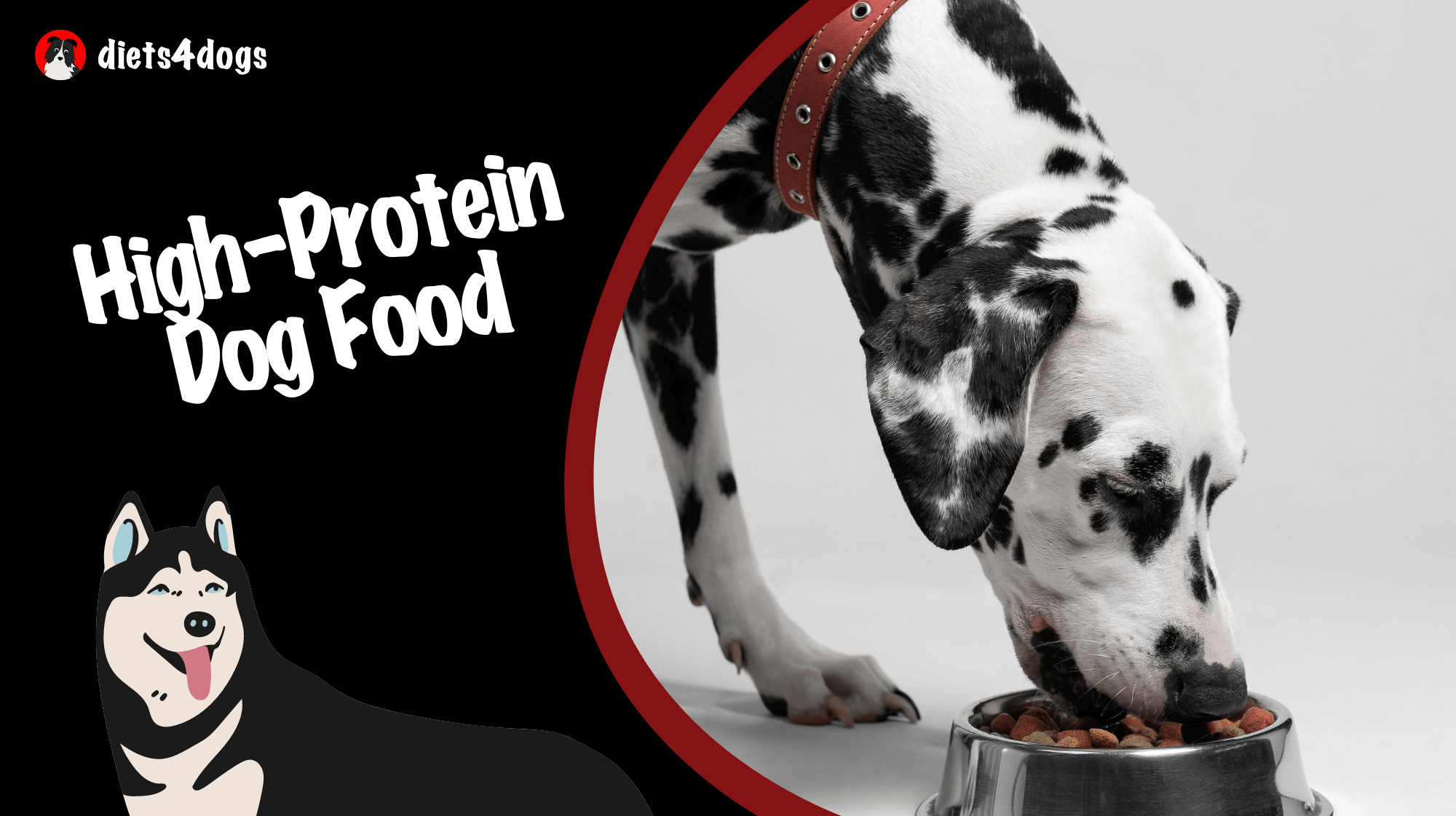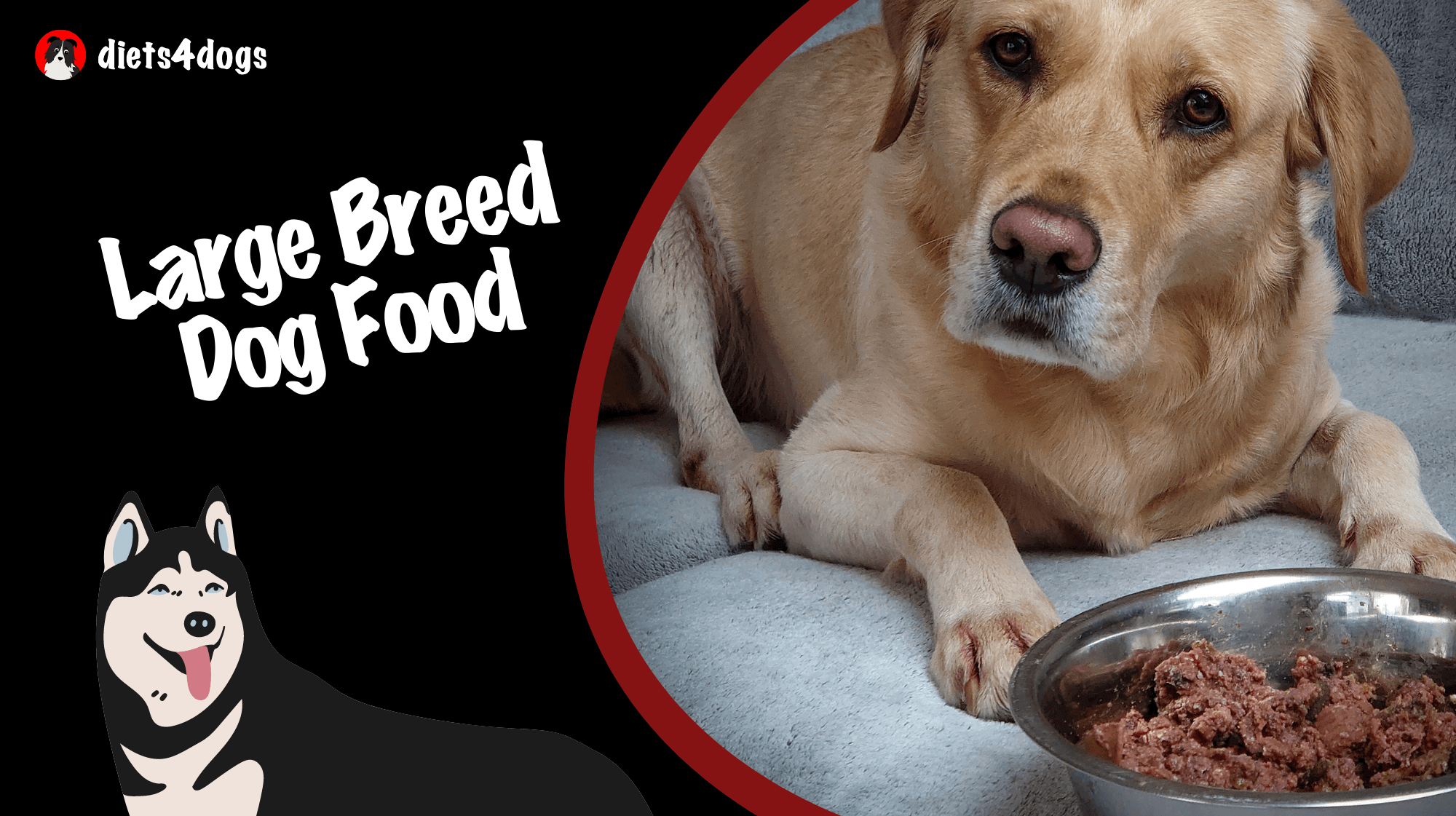Are you a dog owner with a penchant for premium dog food, who’s ever considered dipping your pup’s paws into the world of vegetarian pet diets? You’re in the right place! In this fun and informative blog post, we’ll be exploring the burgeoning world of vegetarian dog food, delving into the reasons pet owners choose to ditch the meat, and uncovering both the benefits and potential drawbacks of premium plant-based options. Plus, we’ll be dishing out some helpful tips to ensure you make the right choice for your canine’s nutritional needs, without compromising on taste or quality! So, get ready to embark on a leafy green adventure with your furry friend.
Vegetarian Dog Food: Understanding Premium Plant-Based Options
Vegetarian dog food is an alternative diet for dogs that excludes meat and relies on plant-based ingredients for nutrition. Premium plant-based options ensure high-quality, nutritious ingredients that provide your dog with all the essential amino acids, vitamins, and minerals needed for optimal health. Reasons for choosing a vegetarian diet may include ethics, sustainability, or allergies to animal proteins. Benefits include a lower carbon footprint and improved coat condition, while potential drawbacks involve concerns about proper nutrition and palatability. When selecting a vegetarian option, it is important to consult with a veterinarian and choose a well-balanced, complete diet tailored to your dog’s specific needs.
Why Make the Switch to Vegetarian Dog Food?
There are several reasons why pet owners may decide to transition their furry friend to a vegetarian diet. Let’s explore some of the top motives:
Ethical Reasons
For dog owners that practice vegetarianism or veganism themselves, it’s not uncommon for their beliefs to extend to their pets. Ethical concerns surrounding animal welfare, factory farming, and the impact of livestock production on the climate may lead pet parents to choose plant-based options for their canine companion.
Environmental Sustainability
Feeding your dog a vegetarian diet can also be a more sustainable choice. The production of plant-based ingredients requires fewer resources and has a lower carbon footprint compared to meat-based ingredients.
Allergies and Sensitivities
Some dogs may suffer from allergies or sensitivities to animal proteins, making a transition to a vegetarian diet a potentially healthier option for specific canines. A premium dog food that is plant-based may alleviate symptoms and provide your pet with a more comfortable dining experience.
The Benefits of Premium Vegetarian Dog Food Options
Aside from the reasons mentioned above, there are several additional benefits to providing your dog with vegetarian food:
Improved Coat Condition
A well-balanced vegetarian diet can often improve your dog’s coat condition. Quality plant-based ingredients like flaxseed and coconut oil provide essential fatty acids that can promote a shinier, healthier coat.
Weight Management
In some cases, a high-quality vegetarian diet can aid in weight management for dogs, especially when combined with appropriate exercise. Plant-based options are typically lower in saturated fats, which could help maintain a healthy weight for your furry friend.
Reduced Odor
Eliminating meat from your dog’s diet can lead to reduced body and fecal odor, keeping your home smelling fresher and your pooch feeling clean.
Potential Drawbacks to Consider
Before diving into the world of vegetarian dog food, there are a couple of potential drawbacks to take into consideration:
Nutritional Balancing Act
Ensuring that your dog has all the essential nutrients they need in their vegetarian diet is crucial. Inadequate protein, amino acids, vitamins, and minerals can lead to health problems. To prevent this, it’s important to choose a complete and balanced premium dog food that meets your dog’s nutritional requirements.
Palatability Concerns
Not every dog will appreciate the taste of plant-based ingredients, making the switch to a vegetarian diet a bit more complicated. Introduce new vegetarian options slowly and consider mixing them with familiar food to ease the transition.
Tips for Selecting the Best Vegetarian Dog Food
To make sure you’re choosing the optimal plant-based option for your pup, follow these tips:
Consult with Your Veterinarian
Your veterinarian is a valuable resource when considering a vegetarian diet for your dog. They’ll provide guidance on the proper nutrients, serving sizes, and diets that will cater to your dog’s specific needs, helping you make an informed decision.
Research Ingredients
It’s essential to familiarize yourself with the ingredients and their nutritional values when choosing a premium dog food. Quality plant-based proteins like legumes, quinoa, and soy can provide valuable protein sources for your dog’s diet.
Avoid Inadequate Nutrients
Be vigilant of dog food options that do not provide essential nutrients such as taurine, L-carnitine, and omega-3 fatty acids. These are crucial for your dog’s health, so ensure that they are present in their vegetarian chow.
Watch for Quality Assurance
Be on the lookout for dog food brands that have undergone feeding trials or are endorsed by organizations like the Association of American Feed Control Officials (AAFCO). This promotes confidence in their nutritional completeness and the overall quality of their products.
Maintaining the Balance: Key Nutrients in Vegetarian Dog Food
When exploring premium plant-based options, it’s crucial to ensure that your dog’s diet provides all the necessary nutrients for their wellbeing. By understanding the key nutritional elements in your dog’s meals, you can better manage their vegetarian journey.
Protein and Essential Amino Acids
Dogs require a specific set of amino acids for optimum health. Legumes, such as peas, lentils, and chickpeas, are excellent protein sources that can help deliver these essential amino acids in a vegetarian diet. Combining different types of plant-based protein also helps create a complete amino acid profile for your furry friend.
Fats and Omega-3 Fatty Acids
Fats are an integral component of dog nutrition, supplying energy and supporting healthy skin, coat, and immune system function. Omega-3 fatty acids, such as those found in flaxseed and chia seeds, are particularly important for maintaining cognitive and cardiovascular health.
Vitamins and Minerals
Many vitamins and minerals are required for maintaining your dog’s overall health, and some may not be available in sufficient quantities in a plant-based diet. To address this, it’s important to select a premium dog food formulated with the right balance of vitamins and minerals. Key nutrients in a balanced diet include vitamins A, D, and B12, as well as minerals like calcium, phosphorus, and iron.
Optimizing Digestibility
Digestibility is a critical aspect of dog nutrition, especially when it comes to plant-based diets. Since plant proteins have different digestion rates than animal proteins, it’s essential to combine various plant-based ingredients to optimize the availability of nutrients. Some dogs may also benefit from added digestive enzymes or prebiotics to improve digestion and absorption of nutrients.
Monitoring Your Dog’s Health on a Vegetarian Diet
As you embark on this plant-based journey for your canine companion, it’s essential to monitor their health closely to ensure their new diet is meeting their nutritional needs.
Regular Vet Checkups
Make sure to schedule regular vet checkups to assess your dog’s overall health and well-being. Routine examinations and blood tests can identify any nutritional imbalances or other issues related to their diet.
Weight Management
Keep an eye on your dog’s weight to ensure they maintain a healthy body condition. In some cases, weight gain or loss can indicate an imbalance in their diet or health issues that may need to be addressed.
Evaluating Physical Health
Make note of any changes in your dog’s physical health, such as coat condition, energy levels, or digestion. These indicators can provide insights into how well your pooch is adapting to their new vegetarian diet.
By keeping these considerations in mind and staying informed on the ins and outs of vegetarian dog nutrition, you’ll be able to provide your furry friend with a premium, plant-based option that keeps them both happy and healthy!
Frequently Asked Questions: Vegetarian Dog Food
Switching your furry friend to a plant-based diet may present some questions and concerns. To help you make the best decision for your canine companion, we’ve compiled answers to the most common questions related to vegetarian dog food:
1. Can dogs be healthy on a vegetarian diet?
Yes, dogs can maintain their health on a well-balanced and nutritionally complete vegetarian diet. However, it’s important to closely monitor their nutrient intake and consult with a veterinarian to ensure they receive all the essential proteins, vitamins, and minerals.
2. Can vegetarian dog food provide enough protein for my dog?
Quality vegetarian dog food can provide enough protein for your dog if it includes plant-based protein sources like legumes, soy, or quinoa. The key is to select a well-balanced, premium product that meets their specific needs and provides a complete amino acid profile.
3. Is a vegan diet different from a vegetarian diet for dogs?
Yes, there’s a difference. Vegetarian dog food may include animal-derived ingredients like dairy products, eggs, or honey, while vegan dog food excludes all animal-derived ingredients, relying solely on plant-based ingredients for nutrition.
4. Will my dog like the taste of vegetarian dog food?
Palatability varies from dog to dog, but many dogs enjoy the taste of vegetarian dog food. You may need to try a few different brands or recipes and introduce them slowly to help your furry friend adapt to their new vegetarian diet.
5. How can I ensure that my dog gets all the essential nutrients in a vegetarian diet?
To ensure your dog gets all the essential nutrients, choose a complete and balanced premium dog food that meets their nutritional requirements. Consult with a veterinarian for guidance on appropriate diets, serving sizes, and supplements if needed.
6. Will shifting to a vegetarian diet change my dog’s bowel movements?
There may be some changes as your dog adapts to their new diet. However, a well-balanced and nutritionally complete vegetarian dog food should still promote healthy digestion and bowel movements. Monitor your dog’s stools and consult your vet if you notice any issues.
7. Is vegetarian dog food more expensive than traditional dog food?
The cost of vegetarian dog food varies, but premium dog food options may be more expensive due to higher-quality ingredients and better nutritional values. However, many pet owners find that the benefits and peace of mind offered by plant-based diets outweigh the price difference.
8. Can a vegetarian diet help with my dog’s food allergies?
Some dogs with allergies to animal proteins may experience relief from their symptoms on a vegetarian diet. Consult with your veterinarian to determine if a vegetarian diet is suitable for your dog, and monitor their health closely if you decide to make the switch.
9. How do I know if a vegetarian dog food is AAFCO approved?
Check the product’s packaging for AAFCO (Association of American Feed Control Officials) certification or statements that indicate the food meets the AAFCO Dog Food Nutrient Profiles. This helps ensure that the vegetarian dog food is complete and balanced.
10. Can I make my own vegetarian dog food at home?
While you can prepare a homemade vegetarian dog food, it is essential to consult with your veterinarian and follow a well-balanced recipe to ensure your dog receives all the necessary nutrients. Monitoring their health and regularly checking in with the vet can help ensure their nutritional needs are being met.

